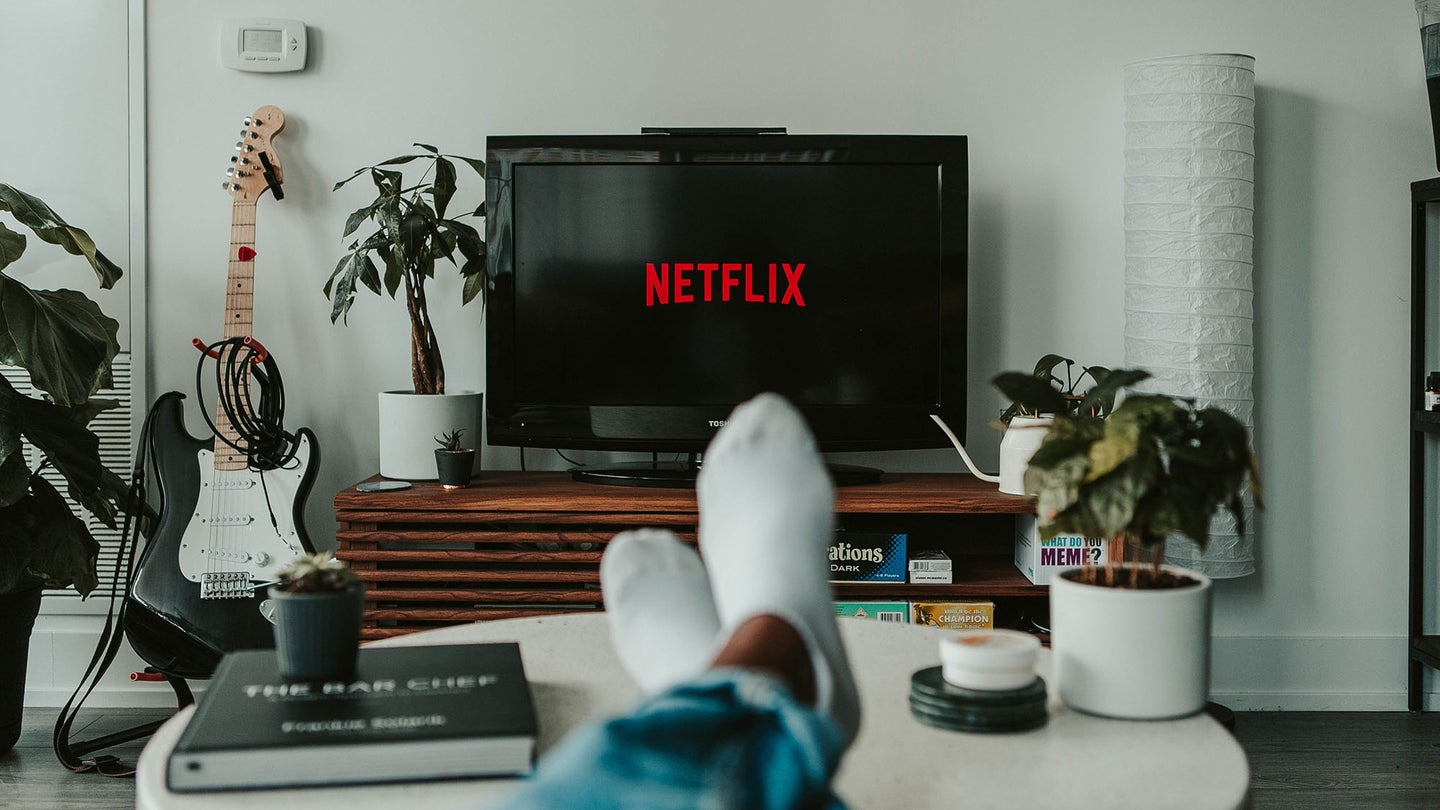Netflix is rolling out a feature that ends password sharing in the US
Everything you need to know about the new "Netflix Household" feature.

The days of freely sharing a Netflix account are over. This week, Netflix finally announced that it would stop American subscribers from sharing their Netflix account with family members, friends, and anyone else who lives at a different location. In an email to affected subscribers, the streaming giant wrote: “Your Netflix account is for you and the people you live with—your household.”
Although Netflix embraced—or at least tacitly allowed—password sharing for years, slowing financial growth, subscriber retention issues, subscriber growth falling short of expectations, and competition from Disney and other streaming services have forced the company to change its tact. Last year, it launched the limited $6.99/month ad-supported tier. At that time, Netflix started cracking down on password sharers in three test countries: Chile, Costa Rica, and Peru. Seemingly, those trials proved successful (or at least lucrative), as the streamer is now rolling these features out to subscribers in 103 countries around the world, including the US, most of Europe, Australia, Singapore, Mexico, and Brazil.
According to Netflix, anyone who lives with you will be able to continue to use your account as normal, but anyone who lives in a different location—like children away at university, deployed military personnel, and the ex you haven’t spoken to in three years—will have to transfer their profile to another account or convince you to pay $7.99/month to add an extra member to your account.
“A Netflix account is for use by one household,” the company says in the email to subscribers. “Everyone living in that household can use Netflix wherever they are—at home, on the go, on holiday—and take advantage of new features like Transfer Profile and Manage Access and Devices.”
Netflix now wants users to set up a Netflix Household by signing in on a TV connected to their home internet. Any device that uses the same internet connection will be automatically added to the Household.
Netflix is keeping quiet about how exactly it detects if you’re sharing your account with someone you shouldn’t. In an FAQ on the website, the company says: “We use information such as IP addresses, device IDs, and account activity to determine whether a device signed into your account is part of your Netflix Household. We do not collect GPS data to try to determine the precise physical location of your devices.” Still, it’s unclear what will trigger the system. Presumably your device needs to connect to the Household internet connection with some regularity, but does a three week backpacking trip or semester abroad count as a holiday? Or will Netflix’s automated systems decide that someone needs to set up a new account.
Similarly, if you have a complicated Wi-Fi setup, expect Netflix to have Household issues. In the same FAQ, the company says that for subscribers with “multiple Wi-Fi networks, we may only associate one with your Netflix Household. If you want to watch Netflix on devices that are connected to Wi-Fi networks using different ISP accounts or that have different external IP addresses, you may be asked to verify that device as part of your Netflix Household.”
But no matter what happens with the edge cases, it sounds like Netflix is pretty serious about stopping out-and-out password sharing. If you don’t genuinely live with the person whose account you use, it looks like your options are pretty limited. If you really want to stay on the same account, you can ask them to add an extra member slot for $7.99/month; though only if they are on the $15.49/month Standard or $19.99/month Premium plan. The $6.99/month Standard with Ads and $9.99/month Basic plans don’t support extra members.
Otherwise, you can transfer your profile to a new account and start paying (ugh) or just give up on Netflix for a little while and check out what some of the other streaming services have to offer.
Though there is, perhaps, one workaround. Apparently, “If you don’t watch Netflix on a TV or don’t have one, you do not need to set a Netflix Household for your account.” So as long everyone watches on their laptops, tablets or smartphones, you might be able to dodge the great password sharing crackdown.
